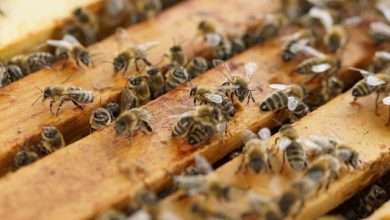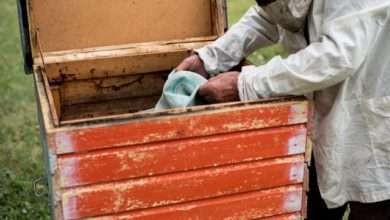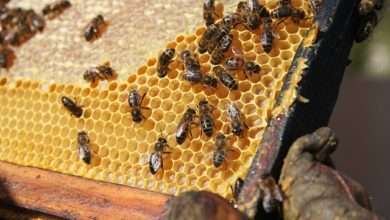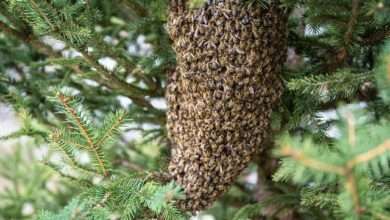Benefits of Polystyrene Beehives
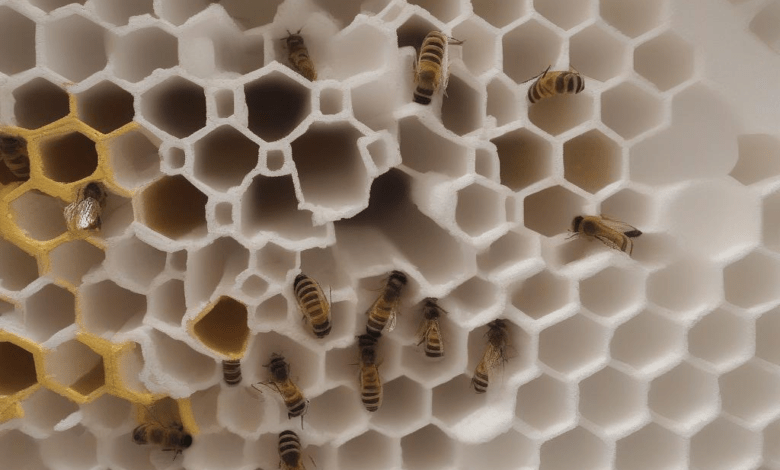
As beekeepers strive to maintain healthy and productive colonies, the choice of beehive material becomes a crucial decision. While traditional wooden hives have been the go-to option for centuries, a new alternative has been gaining attention in recent years: polystyrene beehives.
These innovative hives offer numerous benefits for both beekeepers and their buzzing companions, revolutionizing the art of beekeeping.
Lightweight and Easy to Handle
Firstly, one of the most notable advantages of polystyrene beehives is their lightweight and easy-to-handle nature. Unlike their wooden counterparts, these hives significantly reduce the risk of injuries for beekeepers. With the lightweight design, transporting and positioning the beehives becomes a breeze, even for individuals with physical limitations.
Whether you’re a seasoned beekeeper or just starting out, polystyrene beehives ensure accessibility, allowing beekeepers of all ages and physical abilities to partake in this fulfilling hobby.
Additionally, the reduced physical strain during hive inspections and maintenance translates to less fatigue, ultimately leading to increased productivity and the overall well-being of both the beekeeper and the colony.
Insulating Properties
Another noteworthy benefit of polystyrene beehives lies in their excellent insulating properties. These beehives provide enhanced temperature regulation, shielding the bees from extreme weather conditions. The insulation prevents the colony from overheating during scorching summers while also protecting them from the bitter chill of winter. This increased protection against the elements leads to improved survival rates for bees, particularly during cold winters where traditional wooden hives may struggle.
Condensation can be a significant concern in beehives, as it can negatively impact bee health and hinder honey production. Polystyrene beehives excel in reducing condensation and providing effective moisture control. The insulation properties of polystyrene help regulate humidity levels inside the hive, preventing excessive moisture buildup.
Additionally, polystyrene beehives feature ventilation systems that facilitate proper airflow and minimize the risk of condensation. By controlling humidity, polystyrene beehives create a healthier hive environment, promoting optimal bee behavior and increasing honey yields.
Pests and Diseases Prevention
Polystyrene beehives offer effective pest and disease prevention. These hives exhibit reduced susceptibility to wax moth infestations, which can wreak havoc on traditional wooden hives.
The durability and smooth surfaces of polystyrene discourage the wax moths from nesting, protecting the bees’ valuable wax and food reserves. Furthermore, polystyrene material resists Varroa mite attacks, a notorious pest causing significant harm to bee colonies worldwide. The mites struggle to gain a foothold in the hive, consequently reducing the need for chemical treatments and ensuring the bees’ well-being.
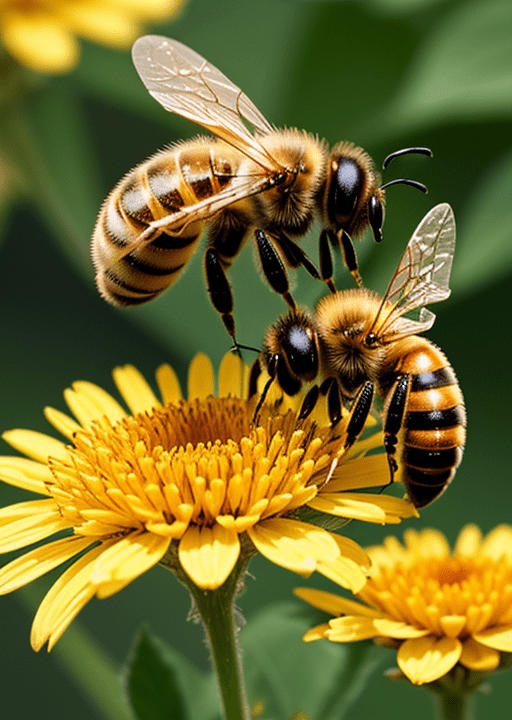
Additionally, polystyrene beehives exhibit enhanced resistance to fungal infections compared to wooden hives, further safeguarding the colony’s health. The reduced transmission of diseases between colonies is yet another benefit of using polystyrene beehives, ultimately fostering a stronger and healthier bee population.
Lower Noise Levels
Comfortable living conditions aren’t exclusive to humans. Bees also benefit from lower noise levels, and polystyrene beehives deliver precisely that. Excessive noise can disrupt bee behavior and communication, leading to stress and reduced productivity within the colony.
Fortunately, polystyrene beehives have inherent noise-absorbing properties, creating a calmer environment for the bees. The reduced noise levels contribute to decreased stress on the bees, resulting in more efficient honey production and a generally healthier hive.
Longevity and Durability
Beyond their resistance to pests and diseases, polystyrene beehives boast impressive longevity and durability. Unlike traditional wooden hives, they are highly resistant to cracking, warping, and splintering. This durability leads to an improved lifespan for the hives, reducing maintenance and replacement costs for beekeepers.
With their extended usability through multiple beekeeping seasons, polystyrene beehives prove to be a sustainable and eco-friendly option. By investing in these hives, beekeepers promote responsible and efficient beekeeping practices while minimizing their environmental impact.
Ease of Hive Customization
Another advantage of polystyrene beehives is the ease with which they can be customized to suit beekeepers’ preferences. With flexible design options, beekeepers can choose the ideal hive size and configuration that best fits their needs and the bees’ requirements.
Furthermore, expanding the hive or installing additional components, such as queen excluders or feeders, is a straightforward task with polystyrene hives. This flexibility allows for simplified hive management, ensuring beekeepers can keep their colonies organized and thriving.
Whether utilizing traditional Langstroth beekeeping methods or experimenting with more innovative approaches, polystyrene beehives adapt to various beekeeping techniques.
An Australian manufacture of polystyrene beehives is Hive IQ that has now entered the US market.
Here is an interview with Victor from Hive IQ:
Conclusion
The benefits of polystyrene beehives make them a compelling alternative to traditional wooden hives. With their lightweight nature, excellent insulation properties, durability, moisture control capabilities, noise reduction, and overall positive impact on bee health, polystyrene beehives offer a modern solution for beekeepers.
By adopting this innovative hive design, beekeepers can provide their bees with a superior living environment, resulting in increased colony productivity, higher honey yields, and ultimately, a sustainable future for beekeeping.
FAQ:
Are polystyrene beehives suitable for beginner beekeepers?
- Yes, absolutely. Polystyrene beehives are lightweight and easy to handle, making them perfect for beginners who may not have previous experience with beekeeping equipment. The convenience of moving and managing these hives reduces the physical strain on beekeepers and provides a user-friendly approach to starting a beekeeping journey.
Are polystyrene beehives better than other hive types for wintering bees?
- Polystyrene beehives are highly effective, but proper management practices are crucial regardless of the hive type.
Are polystyrene beehives suitable for all climates?
- Yes, polystyrene beehives are suitable for various climates. Their excellent insulation properties provide effective temperature regulation, protecting the bees from extreme weather conditions. They offer enhanced survival rates during cold winters while preventing overheating in scorching summers.
How long do polystyrene beehives last?
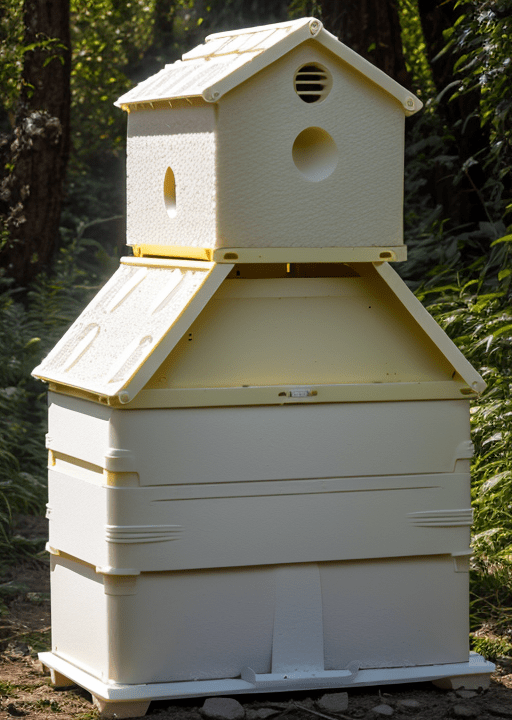
- Polystyrene beehives have superior durability compared to traditional wooden hives. With their resistance to cracking, warping, and splintering, they offer an improved lifespan. This results in reduced maintenance and replacement costs for beekeepers, making them a cost-effective option.
Are polystyrene hives more hygienic than wooden hives?
- Yes, harmful bacteria and fungi struggle to thrive in polystyrene beehives, promoting cleaner and healthier living conditions.
Can polystyrene beehives prevent colony starvation during winter?
- Yes, polystyrene beehives’ insulation properties reduce the risk of starvation by preserving warmth and honey stores.
How do polystyrene beehives prevent pests and diseases?
- Polystyrene beehives exhibit reduced susceptibility to wax moth infestations, Varroa mite attacks, and fungal infections. The durability and smooth surfaces of polystyrene discourage pests from nesting, ultimately protecting the bees’ wax and food reserves. Additionally, the material prevents the mites from gaining a foothold, reducing the need for chemical treatments.
Are polystyrene beehives environmentally friendly?
- Yes, polystyrene beehives are environmentally friendly. Their extended usability through multiple beekeeping seasons promotes sustainability. By investing in these hives, beekeepers minimize their environmental impact while engaging in responsible beekeeping practices.
Are polystyrene beehives cost-effective?
- Polystyrene beehives offer financial benefits to beekeepers. They have lower upfront costs compared to traditional wooden hives and require less maintenance over time. The optimal hive conditions provided by polystyrene technology also lead to increased honey production and overall profitability.
